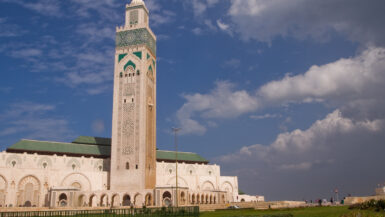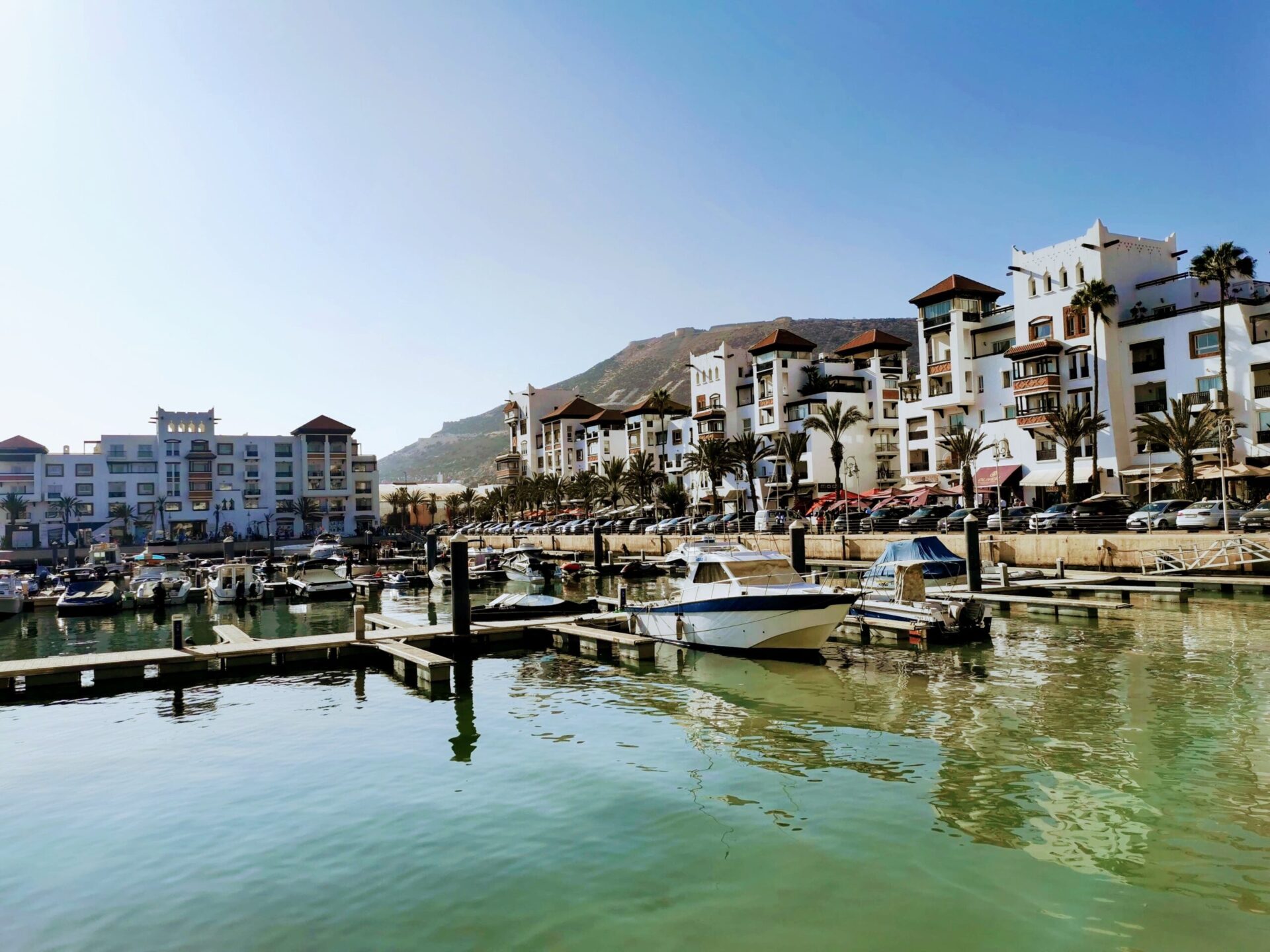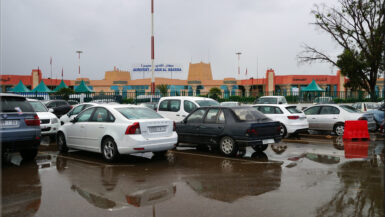Traveling to Morocco is an unforgettable experience filled with vibrant markets, stunning landscapes, and flavorful cuisine. However, staying healthy during your trip requires planning and caution. With some simple strategies, you can enjoy your Moroccan adventure without the unpleasant interruption of illness or avoid getting sick.
“For the latest health recommendations and vaccination advice, visit the CDC Travel Health Page for Morocco.”
Understanding Common Travel-Related Illnesses in Morocco

Before discussing prevention tips, it’s helpful to know what travelers often encounter. Stomach issues, such as traveler’s diarrhea, dehydration, and mild colds, are among the most common complaints. By preparing for these risks, you can significantly reduce your chances of falling ill.
Causes of Illness for Travelers
- Foodborne Illnesses: Consuming undercooked meat, unwashed vegetables, or contaminated water.
- Heat-Related Issues: Morocco’s climate can cause dehydration or heatstroke.
- Infections: In crowded places, respiratory infections can spread easily.
- Mosquito-Borne Illnesses: Though rare, in some regions, bites can lead to illness.
Prioritize Food Safety
Moroccan cuisine is a highlight of any trip, but it’s essential to choose your meals carefully to avoid foodborne illnesses.
Street Food and Restaurant Safety
- Opt for food from busy stalls or restaurants where locals eat—fresh turnover means better quality.
- Avoid dishes with raw eggs, unpasteurized dairy, or raw seafood.
- Ensure meats are cooked thoroughly; tagines, a local specialty, are often a safer choice because they’re slow-cooked.
“Trying local food is one of the best ways to experience Morocco. For a detailed look at its flavors, visit our guide to Moroccan cuisine.”
Wash Fruits and Vegetables
- Stick to fruits you can peel yourself, such as oranges or bananas.
- If eating salads, verify the vegetables have been washed with bottled or purified water.
Hygiene During Meals
- Wash your hands or use hand sanitizer before eating.
- Avoid sharing utensils or dishes in communal-style dining.
Stay Hydrated with Safe Drinking Water
The heat in Morocco can be intense, and staying hydrated is vital for avoiding dehydration or heat exhaustion.
Choosing Water Wisely
- Always drink bottled water with an intact seal.
- Use bottled water for brushing your teeth.
- Avoid ice in drinks unless you’re sure it’s made from purified water.
Supplemental Hydration Tips
- Carry oral rehydration salts for emergencies.
- Drink traditional Moroccan mint tea—it’s boiled and often a safer option than unsealed beverages.
Pack Essential Health Supplies
Being prepared with a small travel health kit can make a significant difference in managing minor illnesses.
Must-Have Items
- Over-the-counter medications for diarrhea and indigestion.
- Pain relievers such as ibuprofen or acetaminophen.
- A reliable water purification system (tablets, filters, or UV light).
- Band-aids, antiseptic wipes, and hand sanitizer.
Prescriptions and Vaccinations
- Carry all regular prescription medications in their original packaging.
- Consider vaccinations for hepatitis A and typhoid as a precaution before your trip.
Embrace Good Hygiene Practices
Maintaining hygiene is one of the simplest yet most effective ways to stay healthy.
Hand Hygiene
- Wash your hands frequently with soap and water, especially after using the restroom and before meals.
- When soap isn’t available, use an alcohol-based sanitizer.
Public Restrooms
- Bring travel tissues and a small pack of wet wipes for use in public restrooms.
- Avoid touching surfaces unnecessarily and wash hands thoroughly afterward.
Protect Yourself from the Sun and Heat
The Moroccan sun can be relentless, especially during the summer months.
Dressing for the Climate
- Wear loose, breathable clothing that covers your skin to avoid sunburn.
- Use wide-brimmed hats and sunglasses for extra protection.
Sunscreen and Shade
- Apply a high-SPF, broad-spectrum sunscreen daily, even if you’ll be indoors for part of the day.
- Take breaks in shaded areas to cool down and avoid prolonged exposure during peak hours.
Preventing Mosquito Bites and Other Insect Risks
While Morocco isn’t known for major mosquito-borne illnesses, it’s still smart to avoid bites.
Mosquito Repellent and Barriers
- Use a repellent containing DEET or picaridin.
- Sleep under a mosquito net if you’re in a rural or semi-tropical area.
Additional Tips
- Wear long-sleeved shirts and pants in the evenings when mosquitoes are most active.
What to Do If You Feel Sick in Morocco
Sometimes, despite all precautions, you may feel under the weather. Knowing how to manage symptoms can help you recover faster.
Immediate Steps
- Rest and hydrate—your body needs fluids to recover.
- Use medications from your travel kit for symptom relief.
When to Seek Medical Help
- Persistent diarrhea or vomiting beyond 48 hours.
- Fever above 102°F, especially if accompanied by chills.
- Difficulty breathing or signs of dehydration (dry mouth, dizziness, reduced urination).
Travel Insurance: A Safety Net
Investing in travel insurance with medical coverage is a wise choice before visiting Morocco.
Key Features to Look For
- Coverage for hospital visits and medications.
- Emergency evacuation benefits in severe cases.
FAQs
What food should I avoid to stay healthy in Morocco?
Avoid raw or undercooked meats, unpasteurized dairy, and street food from unhygienic stalls. Stick to freshly prepared, hot dishes and peelable fruits.
Is it safe to drink tap water in Morocco?
No, it’s best to drink bottled or purified water to avoid contamination.
How can I prevent heat-related illnesses in Morocco?
Stay hydrated, wear protective clothing, and avoid direct sun exposure during peak hours.
Do I need vaccinations before traveling to Morocco?
Vaccinations for hepatitis A and typhoid are recommended. Consult your doctor for personalized advice.
Can I eat salads in Morocco?
Only eat salads from reputable establishments where vegetables are washed with purified water.
What should I do if I get diarrhea while traveling?
Rest, hydrate with oral rehydration salts, and take over-the-counter antidiarrheal medication. Seek medical attention if symptoms persist.
Conclusion
Exploring Morocco’s rich culture and landscapes is an adventure worth taking, and with these tips, you can do so without compromising your health. By practicing good hygiene, eating cautiously, and staying prepared, you’ll have the confidence to fully immerse yourself in all that this enchanting country has to offer.




Leave a reply